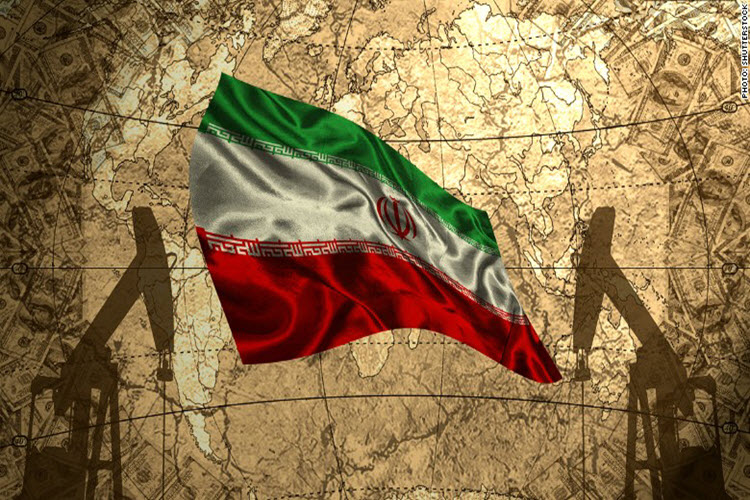
Iran Focus
London, 13 Apr – In 2015, the P5+1 countries (the UK, the US, France, Germany, Russia, and China) made a deal with Iran in order to contain the Gulf nation’s nuclear programme.
The agreement imposed nuclear restrictions on Iran and asked that Iran’s nuclear facilities be independently inspected by the IAEA. In return, the six other nations (as well as the EU and the UN), would provide the mullah’s regime with some sanctions relief, which would supposedly help the Iranian economy.
But how has Iran held up its deal?
Zachary Laub, of the US’s Council on Foreign Relations, examined the agreement and how the obligations were upheld by both sides, the Iranian economy and the politics of both Iran and the US.
Nuclear Weapons
So, Iran was supposed to dismantle most of its centrifuges and sell off any excess nuclear material (like low-enriched uranium and heavy water) to prevent them from being able to make a nuclear weapon; did they?
Laub states: “The IAEA has mostly found Iran in compliance with the JCPOA’s requirements.”
However, it is incredibly hard to prove when Iran breaks the deal as an IAEA inspector would have to witness it, and for many of Iran’s nuclear sites, the IAEA must seek permission from the Regime before entering.
The International Crisis Group also noted that Iran’s stores of low-enriched uranium and research on centrifuges, are not provided on the public record.
Christopher Bidwell, a senior fellow at the Federation of American Scientists, said: “IAEA reports talk about where Iran is compliant, but then are silent on known rough issues [like these].”
He continued: “Monitoring is a physical act, but verification is a political act. How sure are you that what you’ve monitored has told you what you want to know?”
Economy
Laub notes that the P5+1 have all lifted the related sanctions against the Regime; so that should bolster the Iranian economy, right?
No.
While some companies are still fearful about doing business with the world’s largest state sponsor of terrorism, it wasn’t lack of interest from foreign investors that tanked the Iranian economy but rather corruption and mismanagement from the Regime.
The Middle Eastern country has not used the released funds to repair aging infrastructure, or provide jobs for the poor, or provide education to children, or healthcare to the sick. Instead, they have funnelled it into their military and their terror squads.
They are training terrorist cells from the Middle East to South America, getting involved in the civil wars of other sovereign states and generally attempting to destabilise the globe as much as possible
Conclusion
This deal was supposed to appease the moderates within the Iranian Regime but it has instead exposed that there are no moderates to be found there. There are major divisions in the Regime but they aren’t fighting over political ideals; they are fighting for money and power.
Even with all the sanctions lifted, the Iranian Regime has managed to wreck their own economy and avoid meeting their end of the deal, but they are still blaming everyone else.


